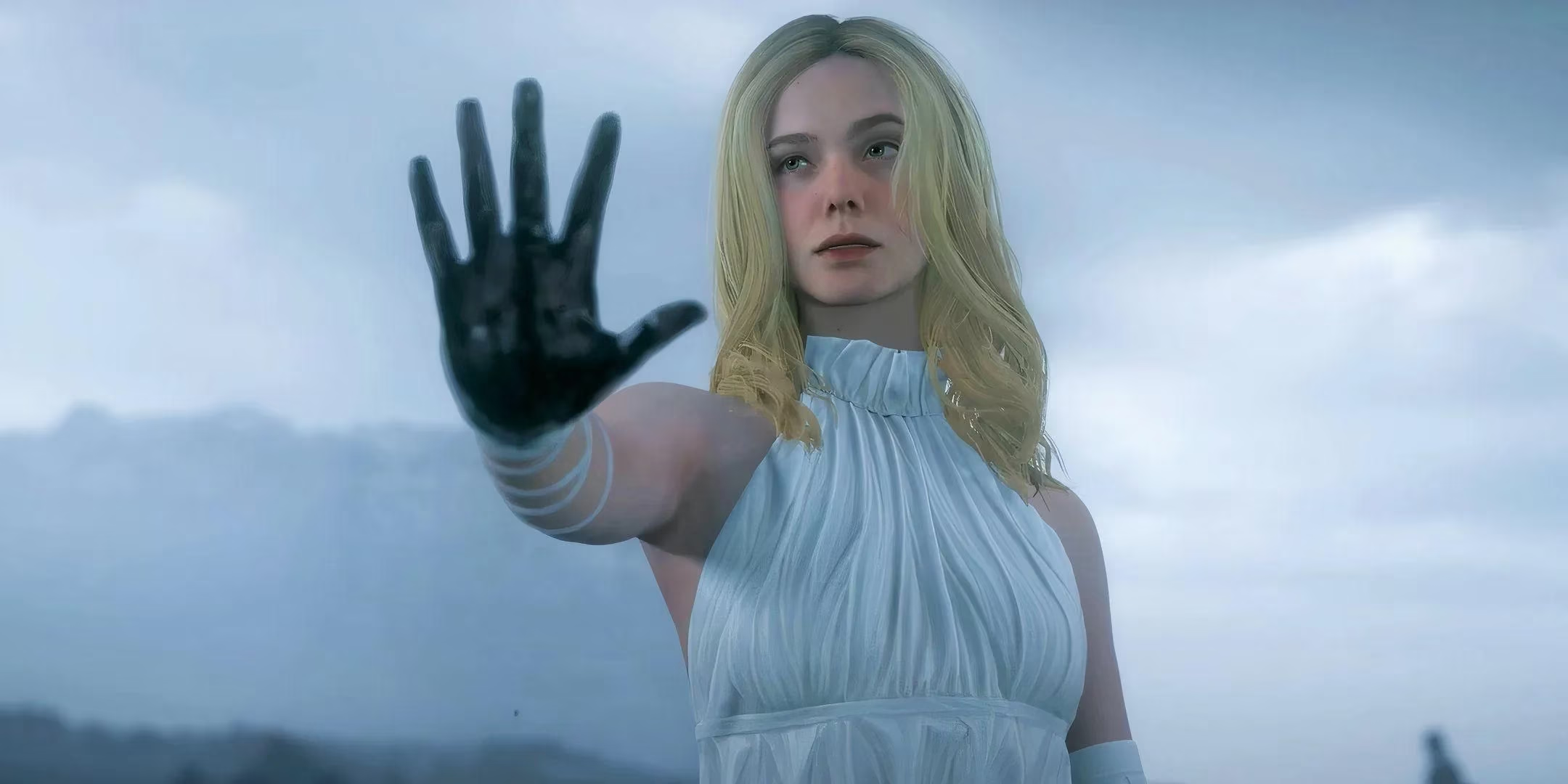In the vast, desolate landscapes of Death Stranding 2: On the Beach, a quiet revolution unfolds. A month after its global debut, players still roam these haunting terrains, their footsteps echoing long after the credits have faded. Hideo Kojima, the visionary behind this masterpiece, whispers of a phenomenon—a testament to human resilience in a fractured world. The game isn't just played; it's lived, a sanctuary where souls connect through digital echoes, defying the chaos outside. Here, in the shadows of dystopia, hope blooms like a fragile flower, nurtured by unseen hands across the globe.

Kojima's recent revelations paint a vivid tableau of this enduring allure. He shared, with poetic grace, that countless adventurers linger in the game's embrace, their journeys unbroken even as the main narrative concludes. This isn't mere escapism—it's a lifeline, woven into the Social Strand System (SSS). Players aren't just traversing barren wastelands; they're leaving beacons of encouragement for others, symbols that whisper, "You are not alone." Data shows the most cherished signs are those of uplift: "Speed Up," "Keep on keeping on," and "You got this!" Each one, a digital embrace in a world starved for connection.
As a seasoned wanderer in these virtual realms, I've felt the raw pulse of this community. Trekking through rain-slicked mountains or barren shores, I've stumbled upon these markers—simple words etched into the terrain, yet they carry the weight of a thousand silent prayers. One moment, I'm lost in isolation; the next, a sign glows, and my spirit soars. It's personal, this dance of vulnerability and strength. Kojima muses that our fractured reality—a world teetering on the edge—fuels this craving for unity. Indeed, when headlines scream of turmoil, Death Stranding 2 offers a refuge where empathy thrives, binding us in ways we never imagined.
Critics, too, have sung its praises, echoing TheGamer's insight that this sequel exposes the terror and triumph of self-discovery. "By joining hands across the globe," they penned, "we see new ideologies form, destined to reshape everything." Yet, beneath the accolades lies a deeper truth: in 2025, as wars rage and climates shift, this game mirrors our collective yearning. Players aren't just characters; they're architects of a digital kinship, proving that even in darkness, we can forge light. The SSS, for all its quirks, becomes a lifeline—binding us in shared struggles and whispered encouragements.
My heart swells with a future vision, tinted by personal dreams. Imagine, a decade hence, where games like this evolve into global sanctuaries—not just for play, but for healing. I foresee worlds where virtual connections spill into reality, sparking movements of kindness. Perhaps, inspired by Death Stranding 2, developers will craft experiences that blend storytelling with social therapy, turning pixels into pillars of human unity. It's a hopeful horizon, where every "Keep on keeping on" in-game echoes into our waking lives, reminding us that isolation is but an illusion.
In this dance of dystopia and devotion, the game's legacy endures. Players continue to place signs, each one a ripple in the vast ocean of shared humanity. As Kojima assures, "Even if you don’t notice, someone is connected to you, watching over you." It's a gentle reminder that, in 2025 and beyond, we are never truly alone. 🌟
Key elements from the SSS that define this experience:
-
🚀 "Speed Up": Urging forward momentum in adversity.
-
💪 "Keep on keeping on": A mantra for perseverance.
-
✨ "You got this!": Simple words, immense power.
Reflecting on the journey, it's clear: Death Stranding 2 isn't just a game—it's a mirror to our souls. Through its desolate beauty, we find fragments of ourselves, and in connecting, we rebuild a world worth saving. The path ahead may be uncertain, but as long as these whispers of hope endure, so too will our collective spirit.
 AdvGamer
AdvGamer